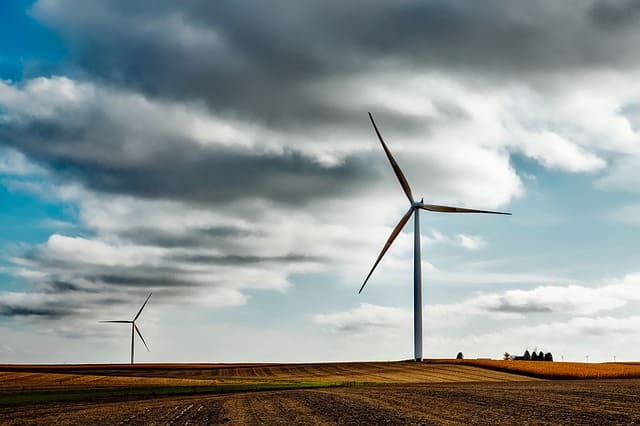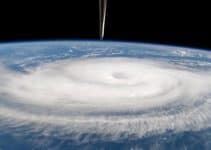The year 2019 was the cleanest energy year on record across Britain as Zero-carbon electricity outstrips fossil fuels for the first time. The rise in renewables and a corresponding decline in coal-fired power led to this favorable situation.
Britain’s largest electricity source became Zero-carbon energy in 2019, supplying nearly half the country’s power without relying on fossil fuels.
The National Grid declares the year 2019 as the cleanest energy year on record for Britain, as there was a dramatic decline in coal-fired power along with a rise in renewable and low-carbon energy. National Grid owns and operates the network of electricity transmission in England and Wales, including the Scottish networks.
According to the latest data of National Grid, 48.5% of Britain’s electricity was delivered by the wind farms, solar and nuclear energy, other than the energy imported by subsea cables, in 2019. The energy generated from fossil fuels such as coal, gas, and other carbon sources, including oil and diesel was 43%, and the remaining 8.5% was generated by biomass, such as wood pellets.
Entering the mid-point between 1990 and 2050, the UK achieved this milestone as it has committed to making at least a 100% reduction in greenhouse gas emissions based on 1990 levels, and becoming a net-zero carbon economy.
Britain already set a new record in the summer of 2019. It generated electricity for 18 days from May to early June without using coal, the longest run since 1882, for going without coal-powered energy altogether. Last decade, fossil fuels generated more than three-quarters of all electricity. In contrast, zero-carbon sources accounted for less than a quarter (22.8%), and wind at 1.3%. After that, coal plants provided nearly a third of the UK’s electricity that has dwindled to 1.9%.
The UK will have only four coal-fired power plants end of this winter. In Nottinghamshire, EDF Energy’s Cottam coal plant closed this year, and two other, RWE’s Aberthaw B and SSE’s Fiddler’s Ferry coal plants are due to close in March 2020.
There was a dramatic shift in the last two decades as per the National Grid figures. Over a quarter of Britain’s electricity now generated from Wind farms, solar panels, and hydropower compared with 2.3% in 1990. Nuclear power reduced to 17%, in comparison to nearly 20% in 1990. However, the use of gas, which is also a fossil fuel, shot up to generate more than 38% of the power in the country last year, compared with just 0.1% in 1990.
National Grid’s chief executive John Pettigrew said: “As we enter a new decade, this truly is a historic moment and an opportunity to reflect on how much has been achieved.
“At National Grid, we know we have a critical role in the acceleration towards a cleaner future and are committed to playing our part in delivering a safe and secure energy system that works for all.”
For the first time, the UK’s growing fleet of offshore wind projects produced more electricity than onshore wind farms in the third quarter as per other recent government figures. Then onwards, wind power reached fresh highs generating almost 45% of the UK’s electricity on one day during blustery weather in early December.
In December, National Grid unveiled plans involving almost £10bn in the UK’s gas and electricity networks in the coming next five years. Out of which, nearly £1bn has been earmarked for the transition to a net-zero carbon electricity system by 2025, which includes investments in new technology and equipment.
As per the estimates of National Grid, 23 million and more homes will need to install new low-carbon heating solutions by 2050. Therefore a further £85m will be invested to support changes to the ways of heating homes, switching to technologies such as electric heat pumps and hydrogen boilers, thereby moving away from gas boilers.






